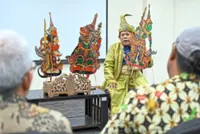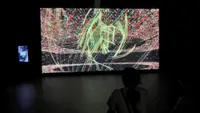Renowned historian Professor Wang Gungwu was recently awarded the 2020 Tang Prize in Sinology for his trailblazing work on Chinese overseas, the history of the Chinese world order and the Chinese migratory experience.
In a statement from Tang Prize, the leading scholar on Sino-South-East Asian historical relations was lauded for his unique approach to understanding China by scrutinising its long and complex relation with its southern neighbours.





